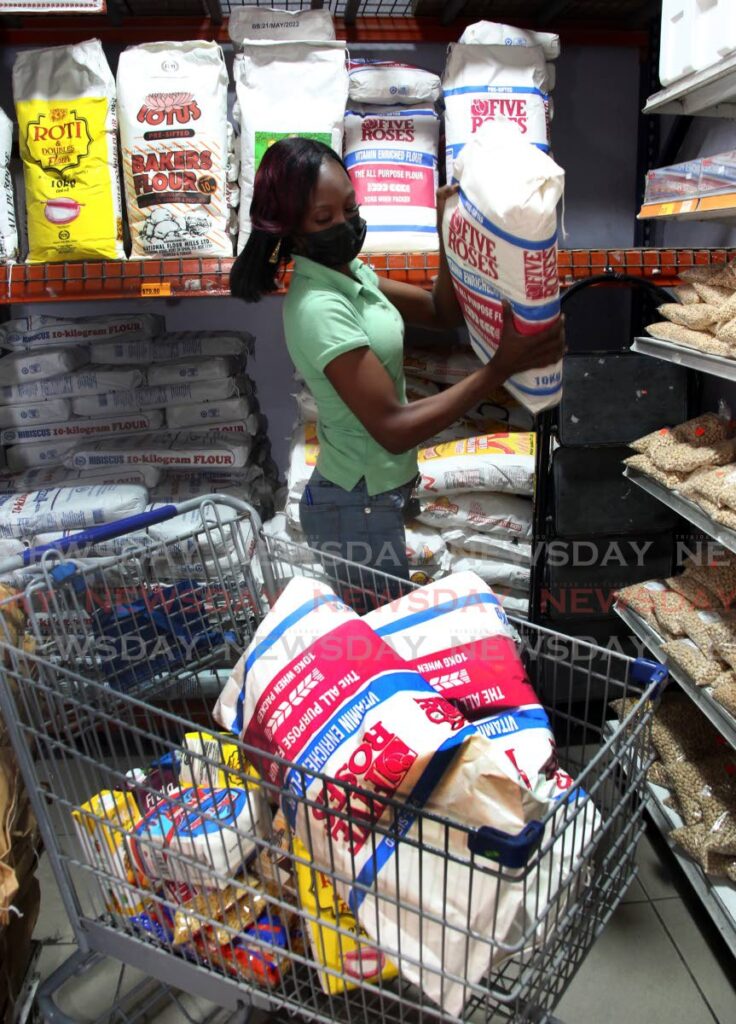Slash the food deficit

THE DOUBLE DOSE of bad news delivered to consumers on Tuesday in relation to rising flour and fast-food prices should force the State to urgently shake up its approach to bolstering and safeguarding Trinidad and Tobago’s food supply.
While this week’s increase in flour prices were notably higher than those announced in January, few could have been surprised by these developments.
The conflict between Russia and Ukraine continues to rage. Officials of the European Union this week said Russia’s blockade of Ukrainian grain exports risks triggering “great famine” all over the world.
“Millions of tons of wheat remain blocked in Ukraine while in the rest of the world, people are suffering hunger,” said Josep Borrell, the EU’s chief foreign policy officer. “This is a real war crime.”
Prolonged drought has already left many starving around the world, and this is set to get worse as the climate crisis continues. This country need not go it alone when it comes to this issue.
Caricom as a regional bloc has already committed to taking urgent action to tear down trade barriers and to scale up regional transportation.
Member states have also been acknowledging their capacity to attain higher yields. Already, Belize, Guyana and Haiti produce more than 50 per cent of their own food.
We can learn from our neighbours or, at the very least, use their production streams to our benefit.
It’s not enough to talk about zero-rating and tabling the same kinds of incentives that have not worked well in the past.
There needs to be a concerted, nationwide effort involving widespread collaboration across agencies and political party lines.
For example, instead of looking only to our foreign partners, perhaps the Government should look a little closer to home.
The budget which is to be unveiled today by Chief Secretary Farley Augustine in the THA may provide the Cabinet with a vital conduit through which to achieve key agricultural policy goals.
The Chief Secretary has promised a “green” budget which could contain provisions designed to bolster food production in Tobago. If so, the Cabinet should take careful note ahead of its own determination of funding levels for the island.
It is in the national interest for food production to be immediately addressed. But further, increasing food production in Tobago has been a key policy plank of the Prime Minister’s tenure.
“Tobagonians have to get back to producing food,” Dr Rowley urged in 2020.
While the Cabinet has a direct role to play in grants and in price controls, unless more profound changes are forthcoming, such measures will amount to treating the symptoms and not the causes of our alarming and increasingly pressing food-production imbalance.


Comments
"Slash the food deficit"